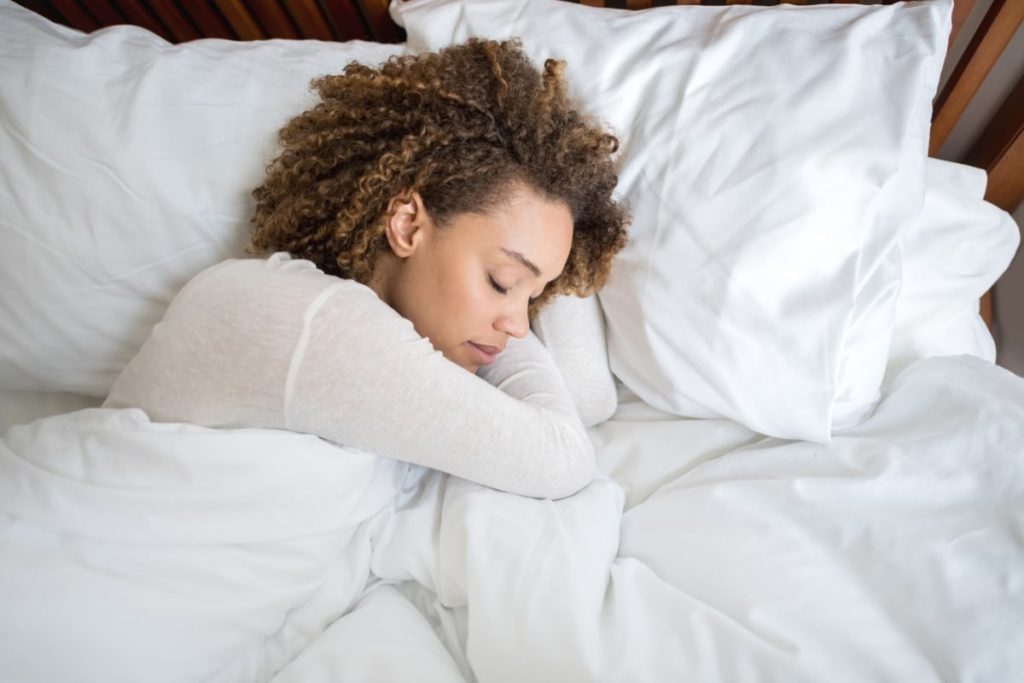Many people are unaware of how essential it is to get a good night’s sleep on a regular basis. When work or school deadlines arise, many consider staying up late or “pulling an all-nighter” an efficient way to get everything done.
However, studies show that this is the worst thing you can do—skimping on sleep can cause concentration problems, drowsiness, and irritable moods that affect the way your work is delivered the next day.
Sleep is often not taken too seriously by many people. Even half the people who know they have a real sleeping disorder, like sleep apnea, still refuse to help their selves. Sleeping is not something that only determines whether you are tired or alert. To put it simply, sleep can save your life. That is how important it is. Sleep is needed so everything in your body and mind can work correctly. Without it, or the continuous lack of, you may be flirting with death.
If you can sleep well, be thankful that you can. 50 – 70 million people in the U.S suffer from insomnia (can’t fall asleep well or stay asleep for long). To them, sleep is a luxury, while to others, it is something taken for granted or abused. So just how important is sleep? Let us go over the long term effects of not getting the proper sleep.
Why Do We Need to Sleep?
The human body regulates sleep the same way that it regulates eating, drinking, and breathing. While there are many theories out there that attempt to examine the biological reasoning behind the human need for sleep, there is no single hypothesis that definitively provides a scientifically-proven verdict.
Although we often think of sleep as a time when our bodies and brains shut down and go into autopilot mode, it’s actually quite the opposite. While you’re asleep, your body is hard at work, restoring energy, repairing cells, and releasing essential hormones. Sleep serves as the ultimate time to heal and recover so you can take on the next day feeling rejuvenated and sharp.
How Much Sleep Do We Need?
Knowing that we spend about ⅓ of our lives asleep, you’re likely wondering, how much sleep do we really need? The perfect amount of sleep will vary by age and by person, but there are scientifically agreed upon by consensus ranges you can follow to ensure you’re catching enough Zs.
The average adult needs between 7 to 9 hours of sleep to allow the brain and body to repair and restore overnight. For teens, children, and babies, the recommended hours of sleep per day increase. Check out the chart below to determine how much sleep is suggested for your age group.
What else happens when you don’t get the sleep you need?
The Heart
This statistic is overwhelming, but the University of Warwick did a study and they found that getting less than 6 hours of sleep on a continuous basis makes you 48% more likely to die of heart disease and 15% more likely in developing a stroke. Professor Cappuccio, co-author of the study, said “the trend for late nights and early mornings is like a ticking time bomb for your health”.
If you are over 65, you are 83% more likely to have high blood pressure which increases the risk of heart attack and stroke.
Weight
Many studies have been done with the relation to weight because let us be honest, many people are more concerned with their weight than their sleep! The good news is that lack of sleep does increase your chances of obesity. The bad news is if you do not believe sleep is all that important, but your weight is, then you are not helping your weight problem by not getting the proper sleep (7-9 hours).
The reasoning for weight gain is the longer you are awake the hungrier you will become. Your body needs energy to keep going and if you are staying up long hours, the more energy it will require.
Life Length
Again, many studies have been completed on the relation to longevity to sleep. Professor Kevin Morgan from Loughborough University’s sleep research team says that “those that sleep 7-9 hours live longer than those who sleep shorter or even longer”. You are 12% more likely to die over a 25 year period if you are not getting enough or too much sleep.
Increase stress
Identify your stress triggers. Researchers examined two groups of healthy young adults who had to perform an impromptu speech and complete a test that measured reaction times to colors and words. The catch? One group was allowed to sleep the night before, while the other had to stay awake all night long. The sleep-deprived group experienced more severe stress in the face of these fairly simple tasks and exhibited increased blood pressure.
Disturb mood
Anyone who has felt irritable after a poor night’s sleep understands the profound the connection between sleep and mood. Research shows that sleep-deprived people have a much stronger tendency to classify neutral images—such as pictures of ordinary household objects—as “negative,” whereas people who slept the night before labeled them “neutral.” So even minor annoyances can suddenly seem more menacing or unmanageable after skipping or shortening a night of sleep.
Impair ability to concentrate
A review of 70 studies on the effects of sleep deprivation found that the most largely affected area was simple attention. For example, sleep-deprived subjects who were asked to press a button each time they saw a light flash had trouble focusing and missed more of the light flashes than their well-rested counterparts. Simple attention is a vital skill that helps us stay safe—imagine how your reaction time to stoplights or traffic hazards would be impaired if you didn’t get enough sleep.
A proven way to ensure you manage to fall asleep at night is to watch others sleep. For this we recommend the video: Train your brain to relax by watching other people sleep.


